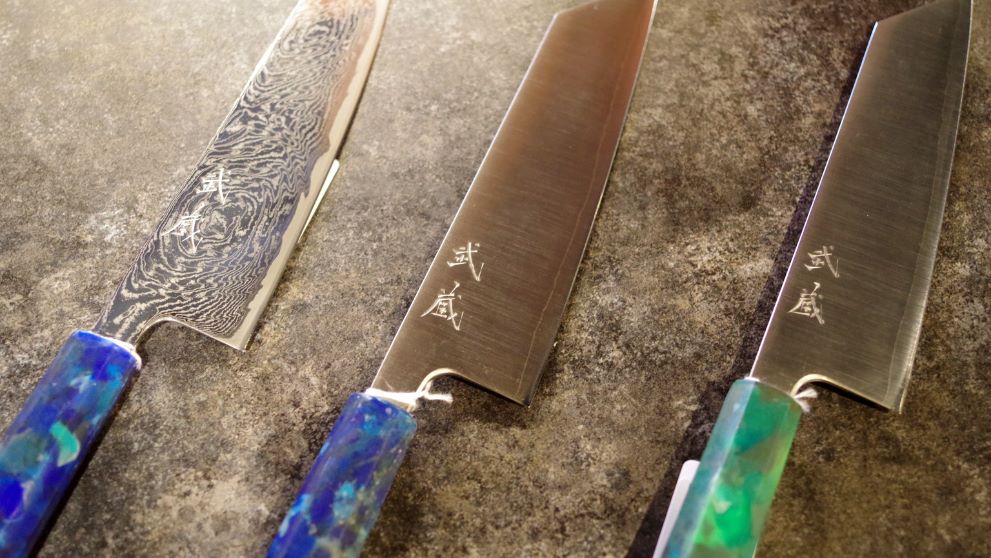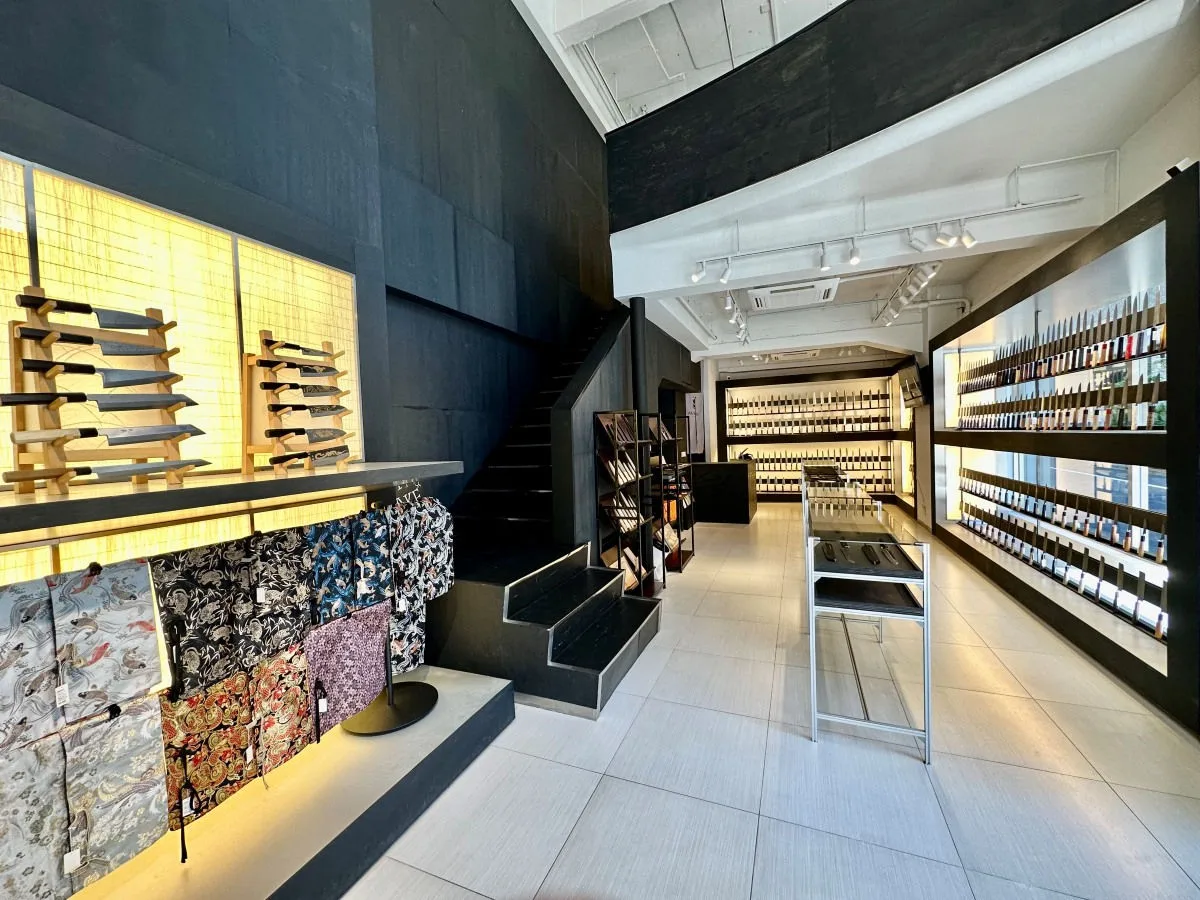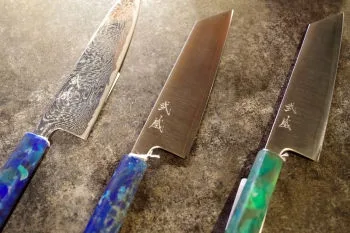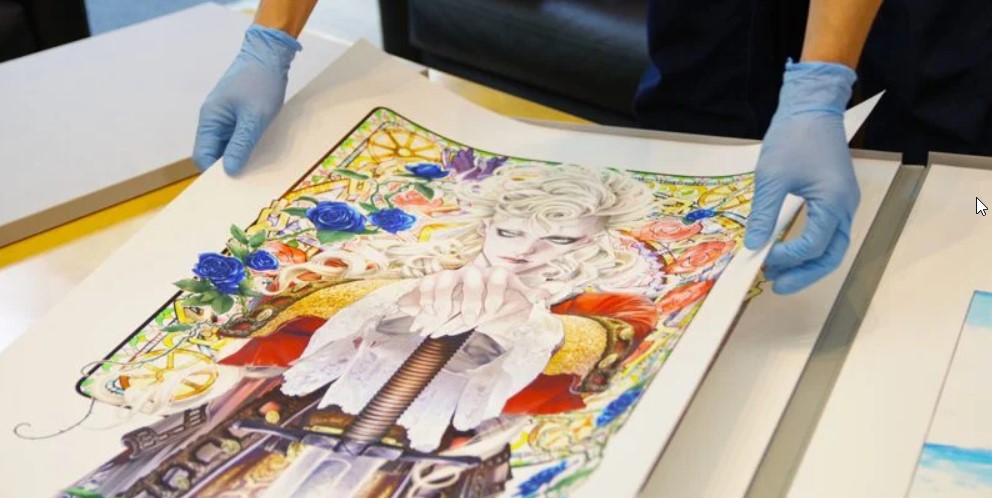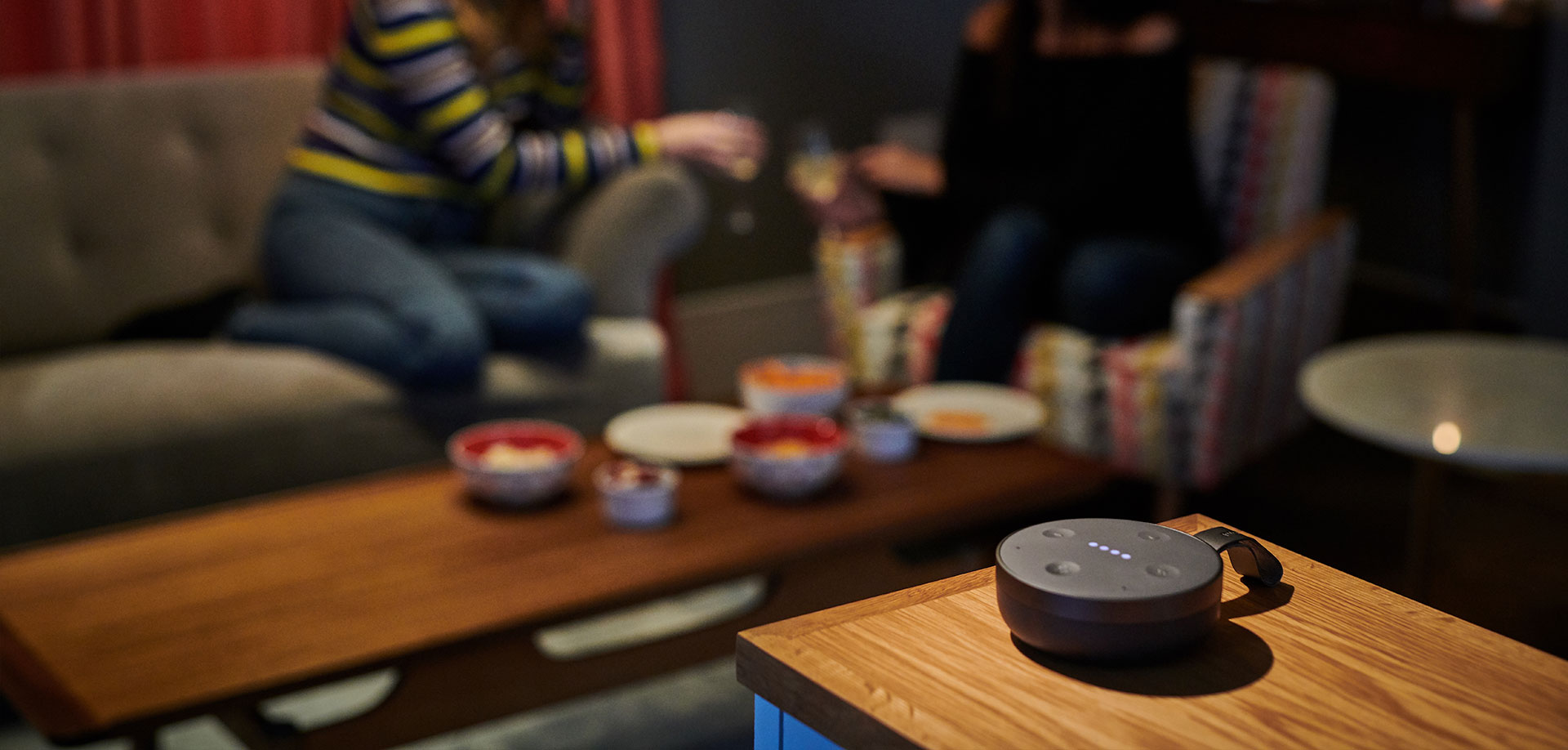Hear from the entrepreneur whose sharp business skills has taken traditional Japanese knives into the new age of e-commerce.
Kappabashi Dōgugai, or Kappabashi Street, is a row of specialty stores selling tableware and cooking utensils in Taito Ward, Tokyo. On this street, there is one unique store that attracts many foreign customers seeking out the mysterious allure of traditional Japanese knives. At MUSASHI JAPAN, visitors can browse the generous display of knives on the first floor and enjoy a Japanese sake tasting experience upstairs.
Online, Musashi Japan boasts countless positive reviews, calling its products “works of art”. The company’s reputation has thrived on word-of-mouth referrals across the world, supported by DHL Express. Mr. Allen Wang, president of Musashi Japan, shares his story.
Building upon long-established traditions
Contrary to the traditional offline-to-online business growth story, particularly for a business dealing in traditional goods, Musashi Japan began as an e-commerce business. “Our online presence comes first, and our physical stores come second,” Mr. Allen explains. The store in Kappabashi opened just last year.
Mr. Allen’s journey with knives began in the year 2020. While on a bicycle ride one day, a store selling knives caught his eye. There, he met the shopkeeper named Jack, who would later go on to be his business partner. As Mr. Allen enquired about the knives, he found it challenging to keep up with Jack’s explanations, as someone new to the trade.
Seeing that the knives themselves were beautiful and well-made, Mr. Allen believed there was a better way to communicate their qualities and value, especially to foreigners who might find the product attractive. In two days, he devised a business idea and invited Jack to be his business partner. Together, they soon launched the Musashi brand.
According to Mr. Allen, who originally hails from Taiwan, it was an opportune time when Japanese kitchen knives were not yet attracting much overseas attention. Although his encounter with Jack was a coincidence, the entrepreneur had already had plans in mind on starting a cross-border e-commerce business.
Despite finding success online, opening a store in Kappabashi, where competition is fierce, took courage and consideration.
“We thought that in selling traditional Japanese goods, we needed a base where we could provide a rich customer experience. For example, Japanese kitchen knives have a long origin story, harking back to the days of the Samurai. For people to feel that story, we needed a physical store environment where we could create such an experience,” explained Mr. Allen.
In just one year since its opening, the store has become one of the most popular stores in Kappabashi, where many long-established stores stand side by side. Mr. Allen’s plans include expanding his product offerings to other traditional Japanese goods, such as clothing, food, and household items. This store in Kappabashi is his springboard.
Maximizing the strengths of cross-border e-commerce
Before starting his own business, Mr. Allen worked for a major advertising agency. There, he had experience with some government projects that aimed to promote tourism and Japanese food products. Promoting Japan’s traditions, culture and tourism to the world were very rewarding. Yet, he felt somewhat constrained. Due to the projects’ scope, he could work on big picture frameworks, but not delve deeper into consumers’ mindsets. He saw unmet potential in the many attractive products that Japan had to offer.
Feeling this dilemma, Mr. Allen left the world of advertising to pursue a career in business. “My parents were both business owners,” he explains. “My father was a precision manufacturer, and my mother ran a restaurant, so much of our family conversation at the dinner table was about business. Naturally, I felt no resistance to doing business myself.”
Mr. Allen, who started his business online, knows well the strengths of e-commerce. “We can see from the data of a customer's first knife purchase what type of knife they will be looking for next,” he elaborates. It is also easy to provide support for regular maintenance. Japanese knives are meant to be cherished and used for 20 to 30 years. From sales to after-sales service, the company takes full advantage of its online presence to reach customers with the information they need, when they need it.
On the other hand, says the businessman, cross-border e-commerce must be supported by a strong logistics partner to physically deliver products. “Customers are most excited at the time they make a purchase,” he says. “To deliver before that feeling cools down, it is important to fulfill their order quickly and accurately.” Customer satisfaction is crucial to the business, which is why Mr. Allen chose DHL Express as a logistics partner. He recalls: “I still remember when a DHL courier came to pick up my shipment during a rainstorm. I was worried about getting the package to the customer, but they smiled and said, 'Don't worry,' which was reassuring."
The demand for kitchen knives is nearly universal to households worldwide. DHL, with its vast service network and access to international markets, is delivering the MUSASHI story around the world.
Evolving Japanese knives from traditional designs: carving a new story
Located halfway between Japan and the continent, Tsushima Island in Nagasaki Prefecture, Japan, has been at the forefront of trade and national defense since ancient times.
Today, large amounts of marine plastic debris drift ashore on ocean currents. The amount is said to be as much as 3,000 tons per year. When Mr. Allen learned of this, he came up with the idea of recycling and molding the plastic debris that had washed ashore into the handles of kitchen knives.
However, his network of craftsmen disagreed, calling knives made of plastic “heresy”. Nevertheless, he appealed to the craftsmen, explaining the situation from an angle of sustainability. "If this situation continues, the sea will become uninhabitable for fish,” he told them. “We cannot ignore this reality, even as these knives are used for sashimi and fish handling." He eventually convinced the craftsmen and together, they began the challenge of developing a new knife design.
Furthermore, MUSASHI’s knives are being delivered to customers around the world via DHL Express' GoGreen Plus. The industry-leading sustainable transport solution uses Sustainable Aviation Fuel (SAF) to reduce carbon emissions and passes on carbon savings reports to customers.
“We will continue to embrace any opportunities that are socially meaningful," says Mr. Allen, explaining why he chose to ship with GoGreen Plus.
MUSASHI and its founder represent a new way of doing cross-border e-commerce, proudly supported by DHL Express.
